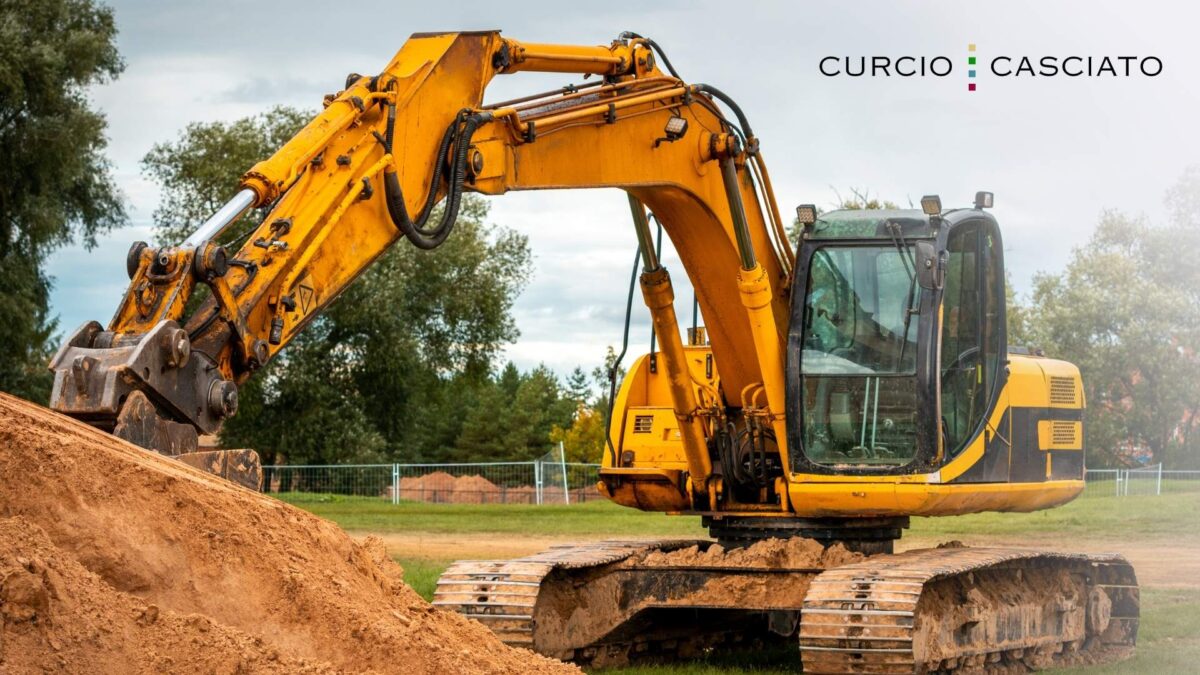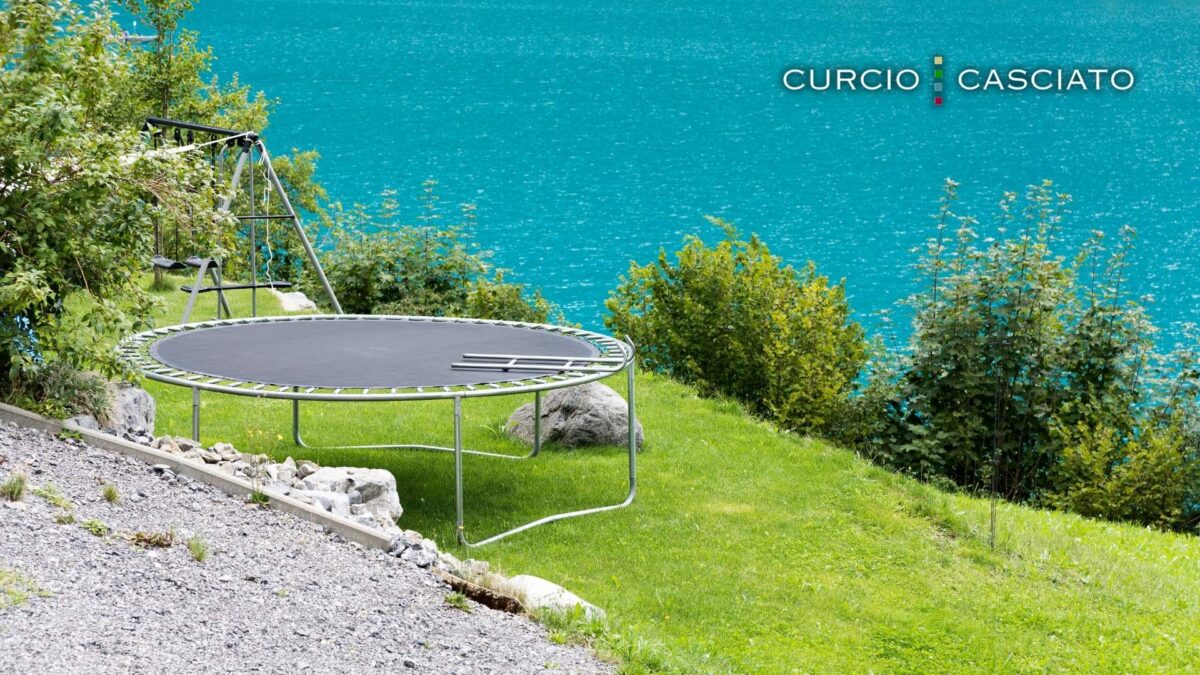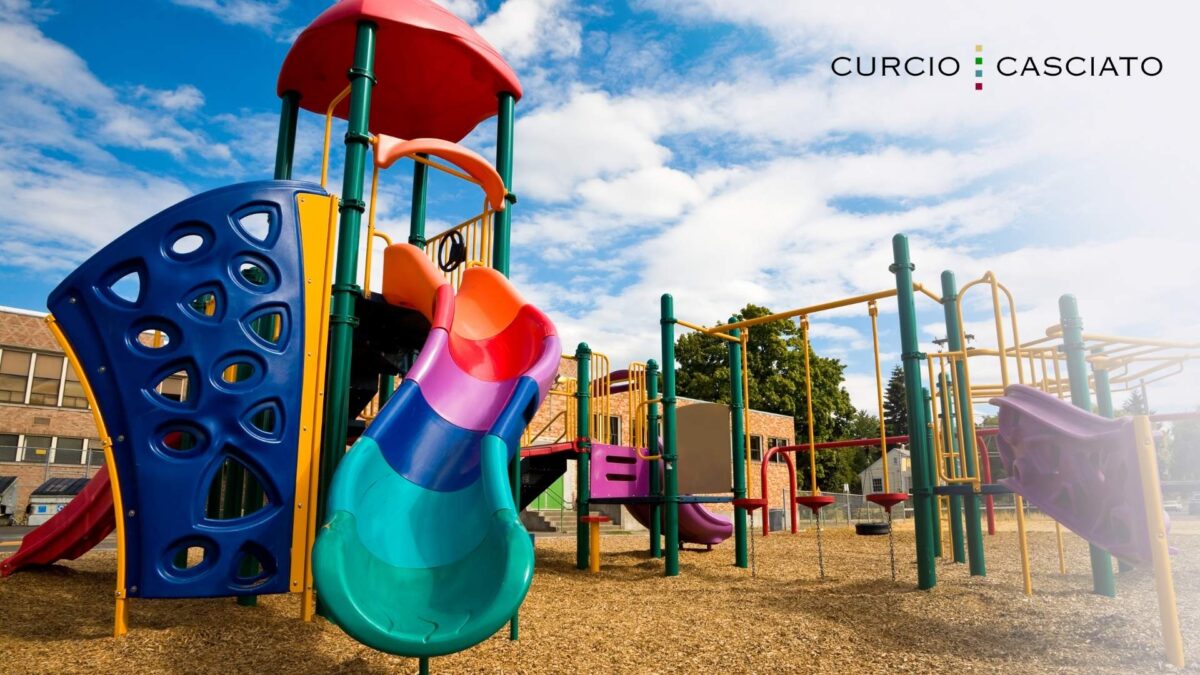What is an attractive nuisance, and when can you hold negligent property owners liable for child injuries caused by an attractive nuisance in Illinois? According to attractive nuisance laws, the attractive nuisance doctrine requires property owners in Illinois to take reasonable precautions to secure potentially hazardous areas on his or her property to prevent harm. This attractive nuisance doctrine primarily protects child trespassers who may wander onto someone else’s property attracted by easily accessible hazards such as a swimming pool or construction projects. Our Chicago premises liability attorneys explain that a property can be held legally liable for a child’s injuries if they fail to implement safety measures that fully comprehend the potential risks and appeal to common sense.
To discuss filing a personal injury claim for a personal injury caused by property owner negligence or for more details on how attractive nuisance laws might apply to your premises liability or attractive nuisance case, contact Curcio & Casciato at 312-321-1111.
What is an Attractive Nuisance?
An attractive nuisance is a legal doctrine used in personal injury law to describe a hazardous condition on a property that is likely to attract trespassing children who are unable to understand the risks posed by the object or artificial condition. This doctrine requires property owners to take reasonable steps to protect children from harm due to these potentially dangerous attractions.

What is the Attractive Nuisance Doctrine?
The attractive nuisance doctrine applies to property owners. Attractive nuisance law requires property owners to exercise reasonable care for any potential trespassing children. The attractive nuisance doctrine acknowledges that children may not recognize the potential dangers posed by features or objects on a property, like tree houses, trampolines, construction projects, a swimming pool, or abandoned machinery. A child trespasser could be injured by virtually anything.
When attractive nuisances on a landowner’s property are likely to attract children and pose a risk of serious bodily harm, the owners must take reasonable precautions to prevent injury. Reasonable steps for this special responsibility could involve securing the area, adding safety measures, or removing the hazard altogether.
Attractive nuisance laws recognize that children’s curiosity and lack of judgment require a higher standard of care from property owners, balancing the property owner’s rights with the safety of trespassing children. The attractive nuisance doctrine is a critical aspect of premises liability law, emphasizing the need to protect such children from harm even if they enter a landowner’s property without permission.
Reasonable Person Standard and Attractive Nuisances
In premises liability cases, the “reasonable person standard” is crucial, especially when dealing with attractive nuisances that may pose risks to small children. This standard includes three components: the awareness that small children may not fully comprehend the dangers, the expectation that common sense measures are used to secure any hazards, and the obligation that requires property owners to ensure safety on his or her property.
An object or artificial condition is considered an attractive nuisance if it is likely to attract trespassing children who cannot recognize the bodily harm it could cause. Under this standard, owners can be held legally liable for injuries if they fail to protect children adequately by removing or securing the condition. Experienced attorneys can help determine whether this standard has been met in premises liability cases, ensuring that all legal nuances are thoroughly addressed.

Example of Attractive Nuisance That Can Attract Children
Attractive nuisance examples can be found in virtually anything, not just on construction projects or junkyards. If a small child is likely to be drawn to the equipment or property, it can be considered an attractive nuisance if there is a level of risk. Some common examples include:
- Swimming Pools: The most common attractive nuisance lures children with the promise of fun, but a swimming pool can be deadly if not properly fenced or supervised. A pool owner can be responsible for a child’s injuries caused by their negligence.
- Trampolines: Without adequate safety measures like netting and padding, trampolines can lead to serious injuries.
- Playground Equipment: Located in private or unmonitored areas, playground equipment can be hazardous if it’s in disrepair or improperly installed. A property owner can be responsible for personal injury under attractive nuisance laws.
- Construction Sites: Unsecured construction sites with machinery, tools, and materials can be fascinating but are extremely dangerous for a child. Owners or managers of unsecured construction projects can be held responsible for a child injury caused by a failure to protect the dangerous property. Contact our Chicago construction negligence attorneys to learn more.
- Abandoned Vehicles: Old cars, tractors, or machinery can entice a trespassing child to explore, but they can be unstable and unsafe.
- Ponds or Water Features: Similar to a swimming pool, water features can present a drowning hazard to children involved. Our Chicago drowning accident attorneys have decades of combined experience in seeking justice and compensation for drowning victims.
- Abandoned Buildings or Structures: They may seem like playground equipment full of adventure, but Chicago building violations can seriously injure trespassing kids.
When Can Property Owners Be Held Liable for Injuries Under Attractive Nuisance Law?
Attractive nuisance law outlines the circumstances under which property owners can be held liable for injuries to children caused by dangerous conditions on their property. The attractive nuisance doctrine hinges on the concept that certain features, such as swimming pools, abandoned machinery, or playground equipment, can draw children, who may not recognize the associated dangers.
Property owners are, therefore, obligated to take reasonable steps to prevent access to these potential hazards or to mitigate their danger. Premises liability cases arise when the owner knows, or should have known, that the dangerous condition exists and the likelihood that children would be attracted to it, yet fails to exercise reasonable care.

Attractive Nuisance Elements
Attractive nuisance elements must be present for a property owner to be held liable for injuries to a child. These elements include:
- Existence of a Potentially Dangerous Condition: The property must have a condition that poses an unreasonable risk of harm to children. This could be anything from a swimming pool to an abandoned structure.
- Owner’s Knowledge of the Dangerous Condition: The property owner must be aware, or should reasonably be aware, of the hazardous condition on their property.
- Attraction to Children: The condition must be likely to attract children.
- Children’s Inability to Understand the Risk: The law considers that a child may not recognize the danger posed by the condition.
- Fails to Take Steps to Secure the Hazard: The property owner fails to take reasonable precautions to prevent children from accessing the hazard or to make it safe.
- Injury to a Child: A child must have been injured due to the hazardous condition. The nature and extent of the injury can affect the outcome of a legal claim.
Attractive Nuisance Warning Signs
Posting a warning sign might not fully absolve a property owner from liability under the attractive nuisance doctrine, especially when the child trespassers are children too young to read or understand the sign. The attractive nuisance doctrine recognizes that children do not assess risks as adults do, necessitating that property owners take additional proactive measures such as securing or removing the hazard.
The adequacy of a warning sign in preventing child injuries often depends on factors like the child’s age, the nature of the hazard, and the injury risk, with courts typically evaluating whether more reasonable steps were taken to prevent access or mitigate the danger. and protect the children.
When Can You Hold a Property Owner Accountable for Attractive Nuisance in Illinois?
In Illinois, a property owner can be held accountable for attractive nuisances under certain conditions. The law recognizes a special responsibility for property owners to protect kids who might trespass on their property if a potentially dangerous condition that is easily accessible exists. This responsibility arises from the principle that children may not possess the common sense needed to recognize dangers. If a property owner fails to take reasonable measures to prevent harm by securing the dangerous area or object, and an injury occurs, the court may find the owner liable.
Illinois property owners must ensure that any condition that might attract kids is adequately secured to mitigate risk. The court typically looks for evidence that the property owner was aware of the danger and the attraction it could pose to children and whether adequate steps were taken to safeguard them.

Does Attractive Nuisance Apply to Adults?
Attractive nuisances typically do not apply to adults. The doctrine of attractive nuisances is specifically designed to protect children who cannot appreciate the assumption of risk posed by a certain hazardous or artificial condition on a property. Adults, under the reasonable person theory, are expected to understand and recognize potential dangers and are, therefore, usually responsible for their own safety when entering a property.
However, every property owner still has a general duty to ensure their premises are safe for all visitors but may be absolved through the open and obvious defense for adults in court.
Chicago Premises Liability Attorneys
Premises liability claims are often challenging since many owners deny any risks on their property. When an attractive nuisance case involves an injured child, parents need a strong Chicago child injury lawyer to lean on while they focus on their family. The experienced premises liability attorneys at Curcio & Casciato’s law firm can provide the legal support you need during this difficult time.
Schedule a free consultation with one of our compassionate Chicago premises liability attorneys by calling (312) 321-1111 today.



